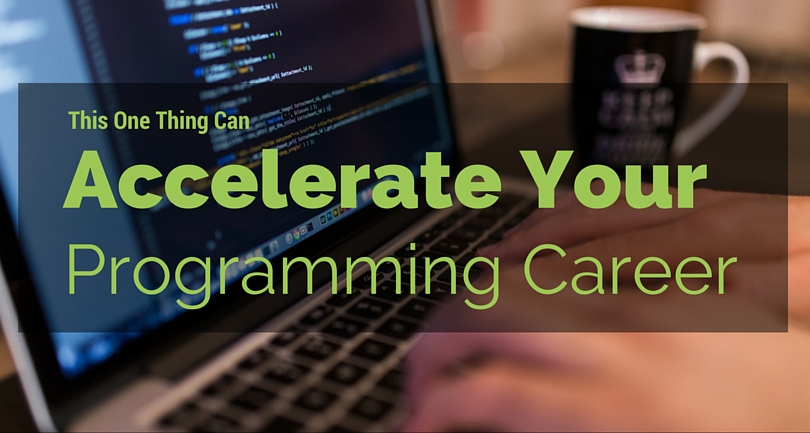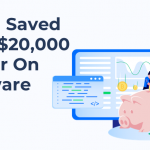As programmers, we desire to excel at what we do, and to reach our goals, we need help. Early in my career, I sought out a mentor in a senior programmer. He was a business owner who saw something in me, and he was someone I knew and respected. With his help, we clarified my career and direction. This major step in my professional growth was the result of taking the step of finding my first mentor.
When we have a professional guide, we develop and understand our position, direction, and goals, as a programmer. This shared guidance and clarity is invaluable in helping us move faster towards our career goals.
What Is A Mentor?
Before we go any further, let’s define mentor.
As I see it, a mentor is someone who is light-years ahead of us. They are someone we look up to and can be someone we know or someone who is well known by many. Ideally, we find a mentor that can guide us and be hands on in our career development.
As we seek out a mentor as a guide, we may find someone who works outside of the programming world. A mentor is someone who can help guide the way, ask the right questions and point us the right direction. A guide who is not a programmer may provide insight that we would never thought to ask.
There Are Many Paths To Becoming A Programmer
Most developers start their career as a programmer. While this is common, it’s important to realize there are many paths to become a skilled and experienced programmer. Many top programmers did not start out as developers from the get go. In fact, there are times when working in other roles helps us become better programmers for the future.
Others in the industry suggest that making a decision to become a programmer as early as possible is important. Having this commitment provides us the focus to prevent distractions and make progress in our career pathway. Unfortunately, when we’re first starting out we tend to think we know it all, and that our way is the best way. We might think no one has done what we intend to do, but the reality is there is nothing new under the sun.
It is important to test our ideas and hold onto what is good. What we are doing is not new to mankind and there are others who have traversed this path we’re on. A mentor will ask us the tough questions and help us discover if programming is the way we want to go.
Making The Decision To Seek Out A Mentor
I am a huge fan of Tai Lopez. In following him, I learned about the ideal length of a mentorship. Based on research, his recommendation is to study under a mentor for 18 months.
When it comes to following a mentor, we decide how much we get out of the relationship. Unfortunately, when we most need a mentor we’re not ready to accept one. We believe we need to have our life and career sorted out before we find one.
While we don’t need to have it all figured out, let’s commit to the mentorship. We’re asking someone to pour 18 months of their life to help us grow and progress in our journey. If we’re not committed to this person and process, it would be best to wait until we are.
Get Clear On Your Direction
If you’re not sure about choosing computer programming, I’d recommend seeking out a life coach mentor. They’ll help steer you in the direction best suited for you. Once you know you want to program, finding a programmer who’ll mentor you is critical to accelerating your growth.
I believe, no one knows the answer to what is the best programming language because the answer depends on the project’s objectives. Programming languages are different for different applications and teams, no one solution is a magic wand for all scenarios.
A healthy way to explore these languages is to dive in for 18 months learning the ins and outs of the language. This will give you enough time to improve your programming skills as well as your thought processes.
When you find the timing is right to seek out a mentor, don’t restrict yourself to a mentor who use a specific programming language. In fact, mentors who use other programming languages may be able to share new insight and perspective. When we face a problem, our limitations for solving that problem are what knowledge we have. When we tap into an experienced guide, this mentor can provide options for how to solve the problem we were not thinking of.
Set Yourself Up For Success And Take Action
Most people don’t set themselves up for success. This includes setting up specific and audacious goals. To achieve these goals, we need to establish steps towards accomplishing these goals. Without these, it will be difficult to push through the grind of the process.
In the absence of clarity take action.
Take your next action, find a mentor.

Decebal Dobrica is a PHP & Symfony2 programmer working at eMag.ro. He’s Fascinated by progress and entrepreneurship. He attended ATM Bucuresti and currently lives in Bucuresti.
Website: www.decebalonprogramming.net
Twitter: @ddonprogramming
Linkedin: uk.linkedin.com/in/decebaldobrica






